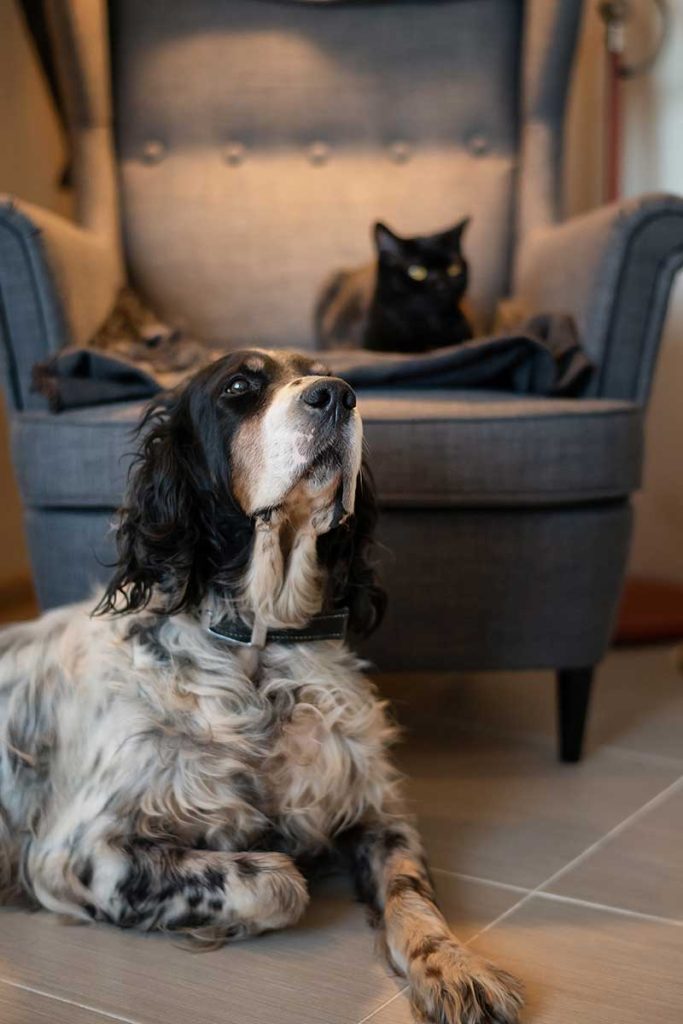During the trauma of a separation pets are often the last thing on your mind. Depending on the animal some are quite capable of picking up on hostility and anger and may be frightened and confused. Equally, deciding with whom the pet is going to live can cause huge problems when both spouses have developed a strong attachment. Here are some Dos and Don’ts when considering your pet’s welfare during the process of separation or divorce:

Don’t
For further advice talk your vet who should be able to advise on caring for your pet during a divorce or separation. For legal advice concerning custody or contact with your pet you should consult a solicitor.